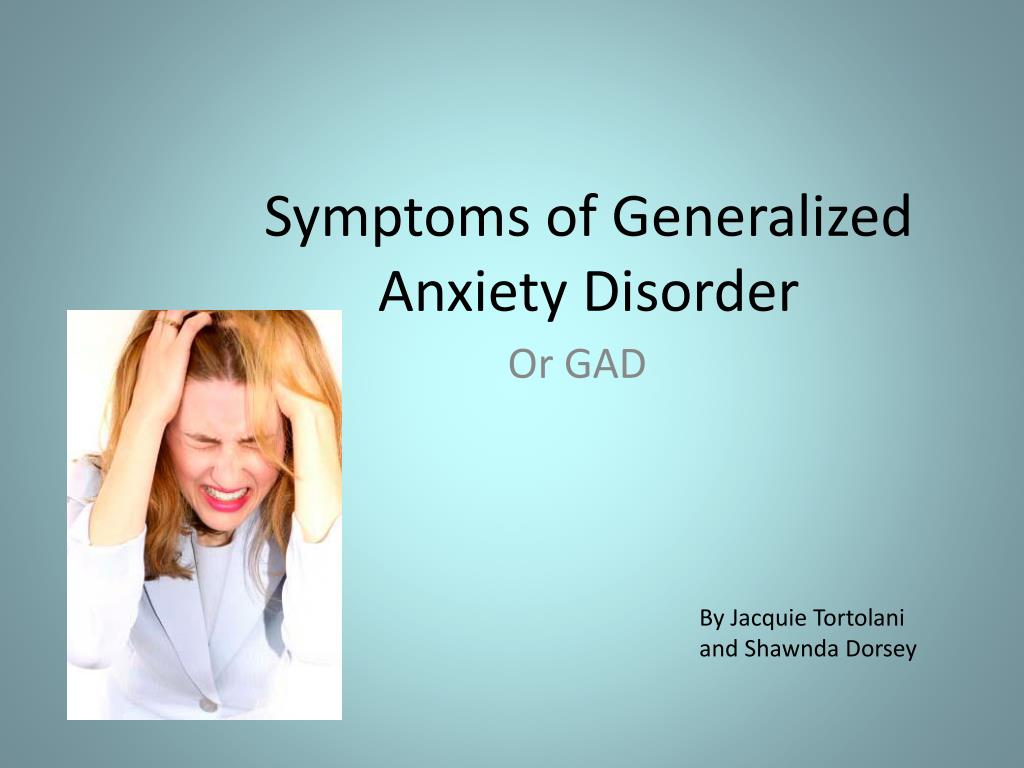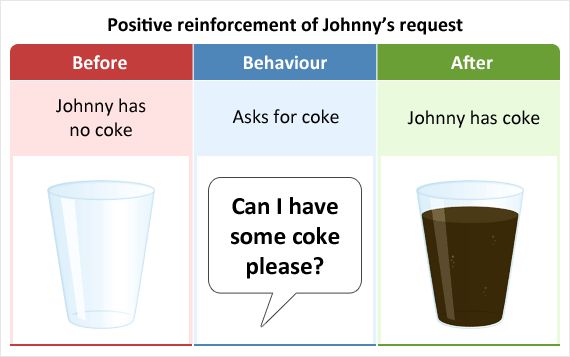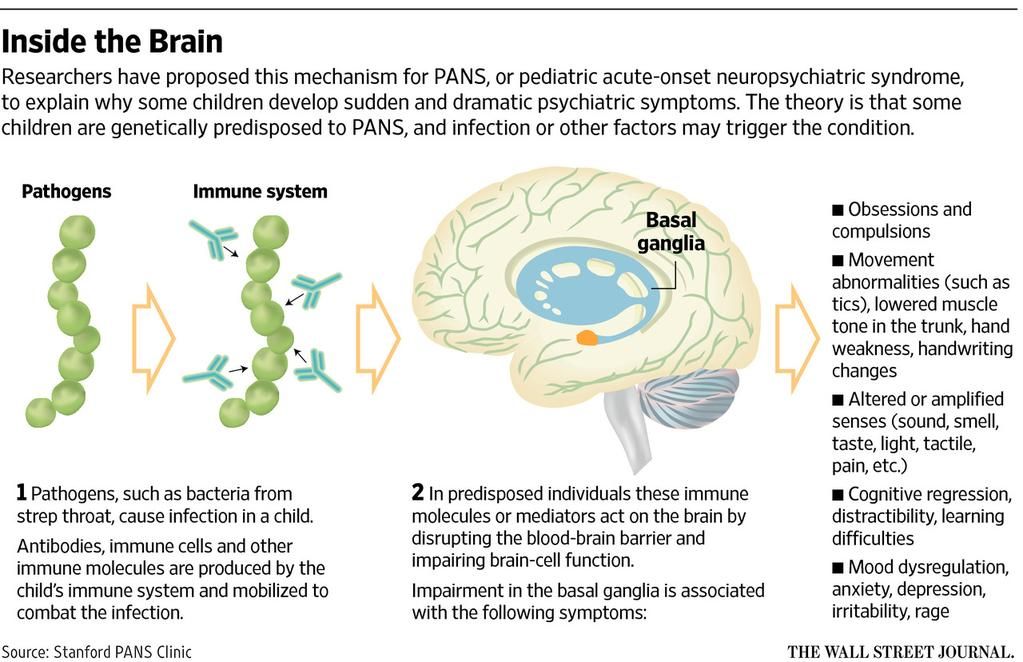How to stop thinking about something that bothers you
5 Ways to Stop Thinking About Something
Anxiety, Stress/Worry
- Posted by tavy87
19 Sep
Don’t you hate it when you try so hard to stop thinking about something, but you just can’t? It’s like when you tell someone not to look at something and they look right after you tell them not to. They know they aren’t supposed to but do it anyway because they can’t help themselves. You tell yourself over and over again that you don’t want to think about whatever it is, but you can’t stop yourself. It’s like no matter what you tell yourself the thoughts won’t go away. It’s even worse when you can’t stop thinking about something scary or something disturbing. So what can you do? How can you stop thinking about something that bothers you? Well here are 5 things you can incorporate into your daily life that can help you stop thinking about something.
- Distract yourself- Sometimes the best way to stop thinking about something is to do something physical to distract yourself.
This can include physical exercise, playing an instrument, or dancing. Occupying your thoughts with activities may distract your mind from constantly thinking about something that’s bothering you. The mind, body, and spirit are all connected. Doing something physical with the body that is enjoyable may take your mind away from the thoughts you don’t want to think about.
- Talk about it with someone you trust- Sometimes the thoughts in our head need a release. If you keep the thoughts in your head, you may continue to think about them even though you don’t want to. Talking with someone may also provide perspective as to why you keep thinking about something and the thoughts may go away. It is also helpful to share with someone that you simply have a hard time getting something off your mind, whether or not you tell the details of those thoughts. It alleviates the stress that comes with thinking about something you don’t want to think about.
- Mindfulness exercises- Mindfulness is a form of meditation that intensely focuses on being in the moment.
 Mindfulness exercises require the absence of judgment or interpretation of the feelings and senses that are occurring within the moment and encourages engagement with the environment currently around you. Mindfulness exercises have been proven to help reduce stress because of their ability to relax the body and the mind. Mindfulness exercises take lots of practice and the more you use them, the easier it is for you to be focused on being in the moment. Being in the moment allows you to channel your thoughts to what is currently going on and ignore the thoughts you don’t want to think about. There are various types of mindfulness exercises, but it is important to discover which type of exercise works best for you!
Mindfulness exercises require the absence of judgment or interpretation of the feelings and senses that are occurring within the moment and encourages engagement with the environment currently around you. Mindfulness exercises have been proven to help reduce stress because of their ability to relax the body and the mind. Mindfulness exercises take lots of practice and the more you use them, the easier it is for you to be focused on being in the moment. Being in the moment allows you to channel your thoughts to what is currently going on and ignore the thoughts you don’t want to think about. There are various types of mindfulness exercises, but it is important to discover which type of exercise works best for you! - Reframe the thoughts- As much as you’ve tried to keep the thoughts out of your head and you can’t stop thinking about them, change the thought. Process the thought. You may discover why you can’t stop thinking about whatever is on your mind. Finding a resolution or the root of the thought may get the thought out of your head.
 Reminding yourself that you are in control of your thoughts and even if you can’t stop thinking about something, don’t continue to give it power. Try to fill your mind with things you like thinking about or do not let the thoughts disturb your day. Remember they are just thoughts and you are in control.
Reminding yourself that you are in control of your thoughts and even if you can’t stop thinking about something, don’t continue to give it power. Try to fill your mind with things you like thinking about or do not let the thoughts disturb your day. Remember they are just thoughts and you are in control. - Write them down- Just as talking with someone about the thoughts in your head can be a release, writing them down can be as well. Writing down what you can’t stop thinking about in a journal or piece of paper may help to get the thought out of your head. Or throw what you wrote away, especially if they are disturbing or scary thoughts. Chop it up, rip it up, whatever you want to do to signify the destruction of the thought. Sometimes gaining control of the thought by destroying it helps you stop thinking about it.
Clarity Clinic
At Clarity Clinic, we have highly trained staff who specialize in psychotherapy and psychiatry services. To learn more about how we can support your mental health, call Clarity Clinic on (312) 815-9660 or schedule an appointment today.
Schedule Now
How to Stop Thinking About Something That Bothers You?
1. Distraction
One of the most effective strategies to steer your mind away from undesirable thoughts, distraction can be achieved both mentally and physically.
Physical distractions produce better results but not always possible due to various limitations. Exercising, dancing, playing music, or any hobby will do the trick. Clearing clutter or rearranging furniture or cooking new dishes are all considered excellent distractions.
Mental distractions involve thinking about an unrelated yet compelling matter or talking to a friend. Solving a puzzle, planning your next vacation, listening to music, or watching a movie can help your mind change track. The idea is to do something unrelated to the thoughts you want to get rid of.
2. Reframe
Some people find it hard to erase thoughts as they need something to occupy their minds. In this scenario, the best solution would be to rewrite the negative thoughts into positive or neutral ones.
Instead of going around in circles with the same thoughts, process them, get to the root of the thoughts, and try to find a resolution. Asking yourself questions may help. “What do these thoughts mean to me?” “What do I want?” “How can I make it happen?”
Remind yourself that you are in charge and you and only you can decide what you are thinking. You can decide to not allow them to affect you. Just remember that these are merely thoughts and not facts. You can always choose to ignore them and stop worrying.
3. Write them down and destroy
Writing things down brings more clarity and purpose for some people. When something sad is troubling you, you can sit down with a paper and pen and pour your heart out. Don’t bother about grammar or spelling. Write them down as the thoughts appear in your mind.
This exercise is cathartic. It helps in cleansing your mind of the negative thoughts plaguing it. Once you have finished writing down every single one of those thoughts, fears, anxieties, and repercussions, you may burn the paper or tear it up or flush it down the toilet.
Destruction of the written word translates to the destruction of the thoughts you want to be eliminated.
4. Talk about it
This is an age-old remedy for negative thinking. When you feel your mind cannot take it anymore, venting your feelings to someone you can trust helps. You feel as if you have found a release to the pressure that had been burdening and weighing heavily on your mind.
Talking to another person may give a different perspective to the problem that has been troubling you. When you look at the same problem from another angle, the solution may be obvious.
After all, a worry shared is a worry halved. By talking to a friend, you can get the load off your mind.
5. Practice mindfulness
Mindfulness is a meditation technique that requires you to focus on the moment without judgment or evaluating the meaning of your thoughts. You need to immerse yourself in your surroundings and during the process forget about everything else.
This exercise is hard to master and needs practice. However, once you gain expertise in the mindfulness exercise, it can serve you well forever. You can choose to empty your mind or change the channel or just ignore the negative thoughts.
However, once you gain expertise in the mindfulness exercise, it can serve you well forever. You can choose to empty your mind or change the channel or just ignore the negative thoughts.
6. Seek professional help
If negative thoughts are persisting even after repeated attempts and impacting your everyday life, you should not hesitate to reach out for professional help. Not all thoughts are harmless negative thoughts that can be stopped with self-care. Before it causes serious harm, seek help. A therapist would be able to help you get rid of them.
How to stop winding yourself up: 10 recommendations from Dale Carnegie's book
Contents of the article
Excitement and anxiety accompany us everywhere: at home and at work, on the bus and in the store, in line and in traffic jams. There is practically no person who does not face excitement. But some people can pull themselves together and survive an unpleasant moment, while others begin to wind themselves up even more, turning simple anxiety into chronic stress. We've summarized the tips from psychologist Dale Carnegie in How to Stop Worrying and Start Living? to change your perspective and reduce stress.
We've summarized the tips from psychologist Dale Carnegie in How to Stop Worrying and Start Living? to change your perspective and reduce stress.
Tip 1. Distinguish between the past and the present
To stop overthinking yourself and worrying about problems that may happen in the future, you need to live in the present. Dale Carnegie proposes to mentally install an "iron curtain" that will delimit the past and the future, preventing a person from regretting old mistakes once again or thinking about tomorrow's difficulties.
Advice 2. Answer the Questions
At the height of your panic attack, ask yourself three questions from Willis Carrier's magical formula from Dale Carnegie's book.
- What is the worst thing that can happen in this situation?
- How can this problem be solved?
- Will I be able to cope with these difficulties?
If you honestly answer these questions for yourself, you will understand that even in the worst case scenario, you will be able to cope with trouble.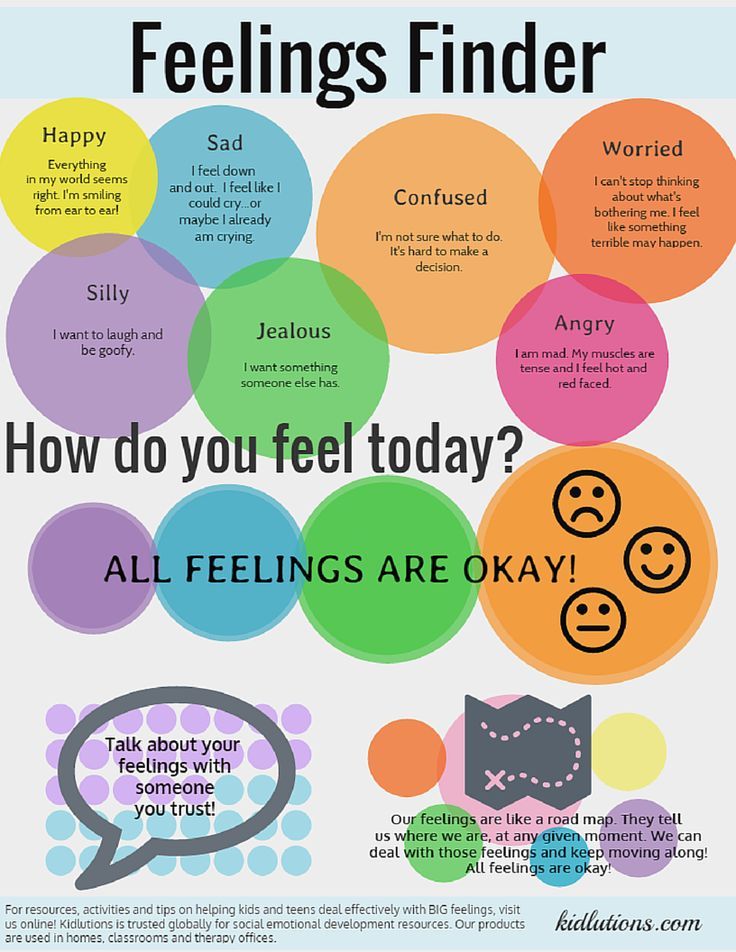
Tip 3. Think about the harmful effects of stress
In times of stress, you must constantly remember the harm that anxiety can do to your body. The author of the book cites the sad fact that business people who live in chronic stress die early. Therefore, it is important to take care of yourself and stay calm.
Tip 4. Think positively
Cheerful thoughts can reduce anxiety and calm down quickly. To do this, you need to develop positive thinking in yourself, try to maintain a good mood and look at life with a smile.
Advice 5. Start acting
When a person is inactive, bad thoughts begin to creep into his head. The best way to get rid of them is to keep yourself busy. So the brain will switch to action, and psychological stress will decrease.
Tip 6. Get rid of the habit of being nervous
Surely you have met people who, for any reason, begin to worry. For them, anxiety for no reason has already become a habit, which is still better to get rid of. To do this is simple - create a new useful habit - do not worry about trifles.
To do this is simple - create a new useful habit - do not worry about trifles.
Advice 7. Do not worry about what has already happened
Many people continue to reproach themselves for past mistakes that cannot be corrected. In this situation, you need to accept the inevitable and let go of the past. Just say to yourself, “What happened that should have happened” and calm down.
Advice 8. Set an acceptable level of emotions
To control excitement and anxiety, you need to mentally set a "limiter" to your emotions. Just assess the situation and determine the acceptable level of experience, beyond which you can not go.
As you can see, Dale Carnegie's recommendations are quite simple and easy to apply in everyday life. The main thing to do is to firmly decide to change your thinking. You can also study the nature of stress and master relaxation techniques - see the instructions in the free online course "Stress Management".
How to stop thinking about unpleasant things
International bestselling author and psychotherapist Ilse Sand offers a simple guide for those who want to live in harmony with themselves in a world full of extroverts.
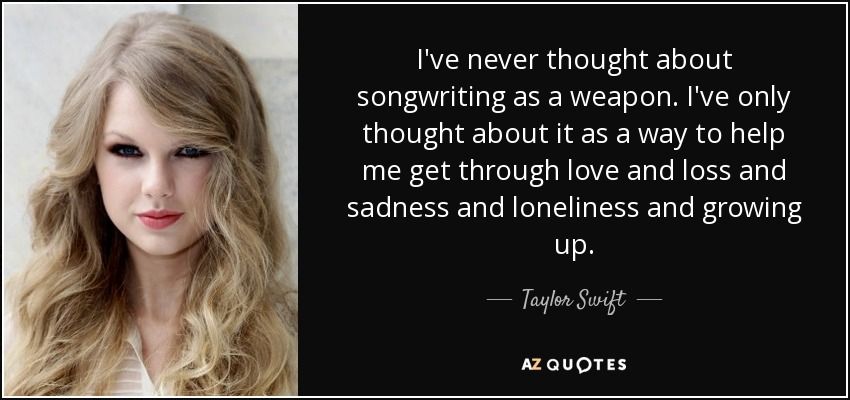 Her advice will help you gain confidence in yourself, accept your psychological limitations and use your strengths. Proposed in the book “The Distance of Happiness. Rules of harmonious life for introverts and hypersensitive people" recommendations are relevant not only for introverts and hypersensitive people, but also for those who find themselves in a difficult situation due to stress, psychological trauma or emotional burnout. We are publishing an excerpt from the book that will help you stop thinking about the unpleasant.
Her advice will help you gain confidence in yourself, accept your psychological limitations and use your strengths. Proposed in the book “The Distance of Happiness. Rules of harmonious life for introverts and hypersensitive people" recommendations are relevant not only for introverts and hypersensitive people, but also for those who find themselves in a difficult situation due to stress, psychological trauma or emotional burnout. We are publishing an excerpt from the book that will help you stop thinking about the unpleasant.
Ilse Sand
Alpina Publisher, 2020
It is important for impressionable people to be prepared for two scenarios - the worst and the best - in order to reduce the risk of psychological overload. Many introverts and hypersensitive individuals try to mentally and physically prepare for the upcoming event. If you scroll through all the possible results in your head in advance and even plan actions in a given situation, you will feel calmer and more confident. Plus, you'll be less tired.
Plus, you'll be less tired.
Some introverts and hypersensitive people have such a rich imagination that they often exaggerate too much: “But what if war starts in Denmark? What if a nuclear war breaks out? What if climate change causes sudden natural disasters? What if someone close to you catches a serious illness, becomes disabled or has a serious accident?”
There is nothing wrong with having gloomy thoughts about the future from time to time
Perhaps they will encourage you to thank fate for avoiding such situations. However, you should not take other people's troubles and accidents to heart, otherwise you will not be able to get rid of remorse.
If disaster is unavoidable, a backup plan will hardly help you, since reality will be far from your calculations. Therefore, when gloomy thoughts arise, I recommend that you discard them with the words: “Even in the worst scenario, I can handle it.” Perhaps you will benefit from what happened. For example, you will fight adversity, standing shoulder to shoulder with people who will later become your friends for life.
For example, you will fight adversity, standing shoulder to shoulder with people who will later become your friends for life.
When you imagine this or that catastrophe, there is nothing worse than projecting it onto yourself frame by frame and feeling helpless. If you are in trouble, but at the same time you can act, then later, with only rare exceptions, you will not be as scared as the first time.
Being an introvert or hypersensitive person, you may find it difficult to deal with the situation. But this is not so. Austrian professor of neurology and psychiatry of Jewish origin Viktor Frankl spent three years in Nazi concentration camps. He realized that in the most terrible conditions, those people who are able to find the meaning of life in spite of suffering are best kept: for example, they can help those in need, and introverts and hypersensitive individuals are especially successful in this. So don't think that you will be less likely to survive if something bad happens. Perhaps, at the most crucial moment, you will show your creative abilities in some other way, gain a deeper meaning of life and connect yourself with love and understanding with the people around you. The same goes for death.
Perhaps, at the most crucial moment, you will show your creative abilities in some other way, gain a deeper meaning of life and connect yourself with love and understanding with the people around you. The same goes for death.
It must be understood that every person's life comes to an end. The main thing is to think less about tragedy and loss
For example, if you think that with age you will have more and more wrinkles on your face, that you will become less attractive, and that you may have many age-related diseases, it will affect your mood in life.
How to look at life from the bright side and successfully deal with stress? Learn this in the Antifragility course.
Imagine a brighter future
It is good to prepare for the worst and act according to a plan. The same applies to the last years of life and death itself. Perhaps you have saved up some money for retirement, looked after housing with a minimum number of stairs, take care of your health and keep yourself in good shape. In no case do not constantly think about illnesses and other troubles. Try to think about something good. Most older people don't care what other people think. They are more sincere, straightforward and not afraid to show themselves in all their glory.
In no case do not constantly think about illnesses and other troubles. Try to think about something good. Most older people don't care what other people think. They are more sincere, straightforward and not afraid to show themselves in all their glory.
Increased self-confidence allows them to get closer to a stranger.
Just imagine how much brighter your life would be if you gave up perfectionism and demanded less from yourself. Hope always dies last, even if you spend the rest of your life exhausted in a hospital bed or in a nursing home. It's never too late to show your true feelings for others. Sometimes it’s even easier when death breathes down your back and masks fall off your faces.
You can prepare for your own death by asking questions from time to time: “How will I be remembered after death? What will I see behind me, summing up my own life? This will help you prioritize the future.
We do not know exactly what happens at the moment of death and what to expect after it, so we should think about the good.
